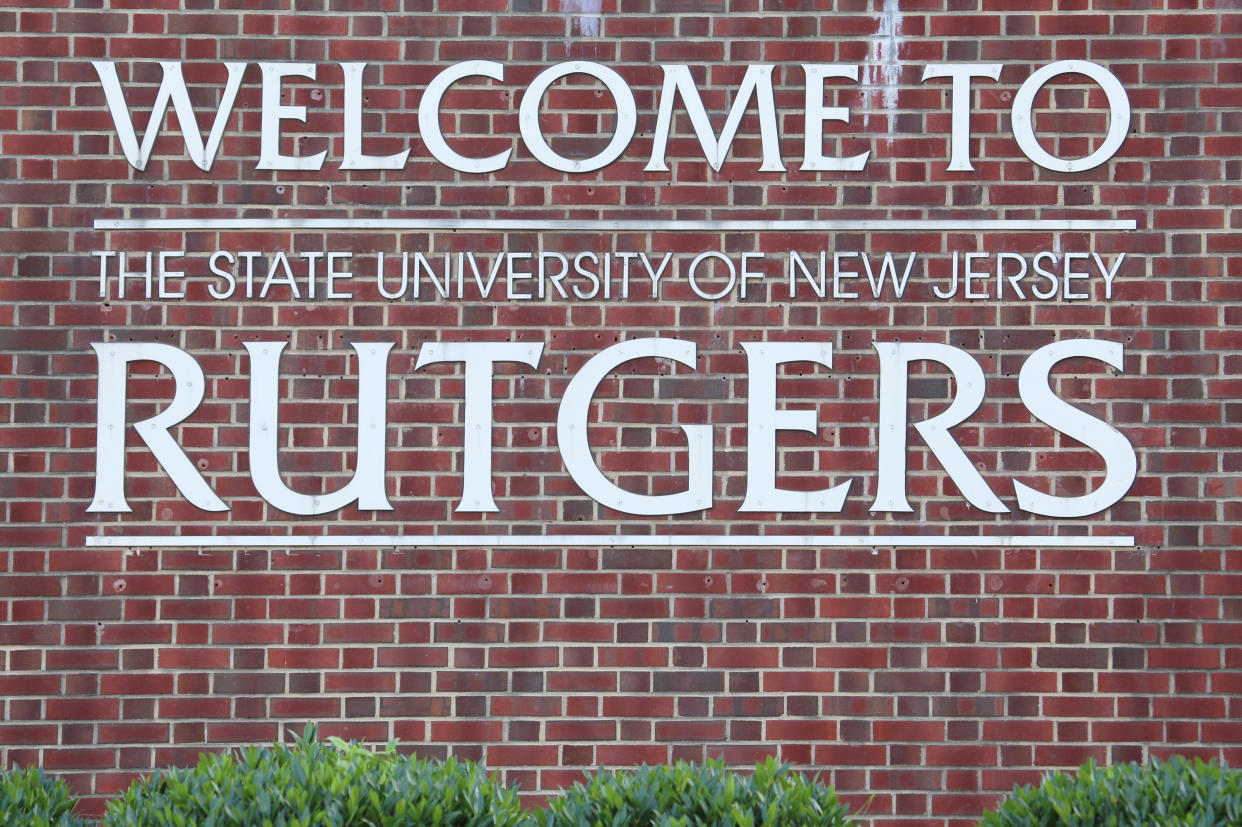Pro-Palestine protesters at Rutgers reach deal with school, close encampment

Pro-Palestine protesters took down and cleared their encampment at Rutgers University in New Brunswick, N.J., on Thursday after agreeing to a deal with the school’s administration.
University president Jonathan Holloway had issued an ultimatum giving the protesters until 4 p.m. to dismantle the encampment and disperse, or face trespassing charges and removal by the police. Earlier in the day, the school had postponed final exams for about a thousand students.
The student organizers meanwhile had given the school a list of demands, including divesting from Israeli business interests, cutting ties with Tel Aviv University and giving at least 10 displaced Gaza students full scholarships to complete their degrees at the school.
Rutgers said divesting and its partnership with Tel Aviv University are “things not in the President’s control,” but would be reviewed.
However, most of the demands were met, according to the protesters.
Those include the requested scholarships; creating an Arab Cultural Center on each campus; establishing a partnership with Birzeit University in the West Bank; releasing a statement “acknowledging the ongoing genocide against Palestinians” and calling for a cease-fire; hiring more administrators with “cultural competency and knowledge” regarding Palestinian, Arab and Muslim issues; hiring professors in Middle East and Palestine studies and establishing a full department for those subjects; displaying flags of “displaced peoples” in all areas of campus where international flags are displayed; and providing full amnesty for all students, student groups, faculty and staff who participated in the protests, including those who have already been penalized.
Rutgers New Brunswick Chancellor Francine Conway said the “resolution was achieved through constructive dialogue between the protesting students and our leadership teams.”
“This agreement opens the door for ongoing dialogue and better addresses the needs of our Arab, Muslim, and Palestinian student body, which numbers over 7,000,” she said.
The Rutgers protest was one of dozens at college campuses across the U.S., sparked by mass arrests at Columbia University. While student groups at some schools have reached similar agreements with administrators, several have faced arrest and school discipline.
_____

